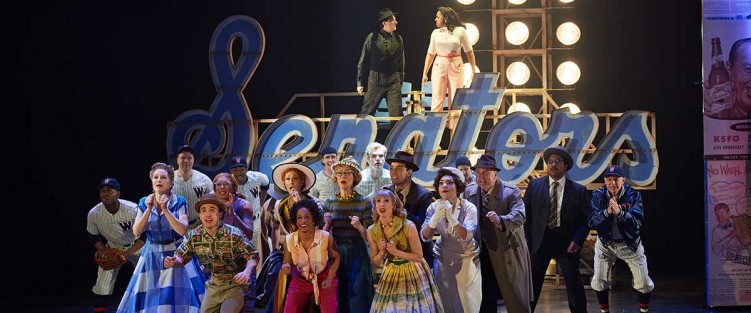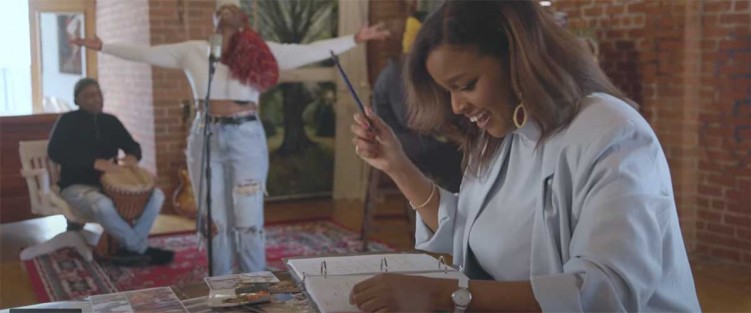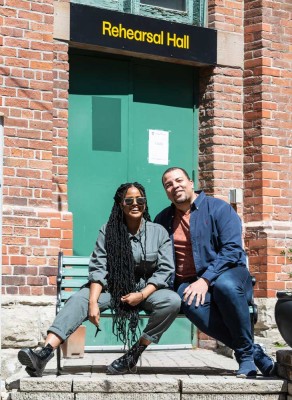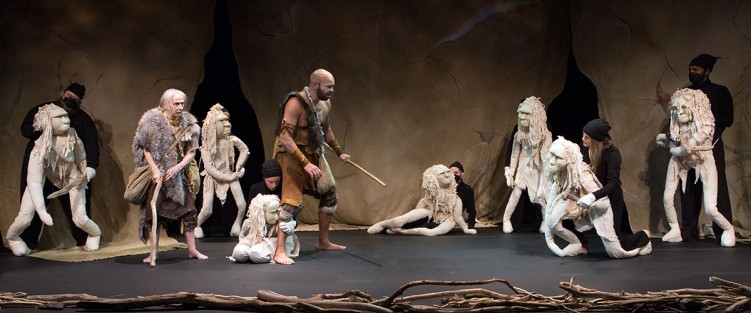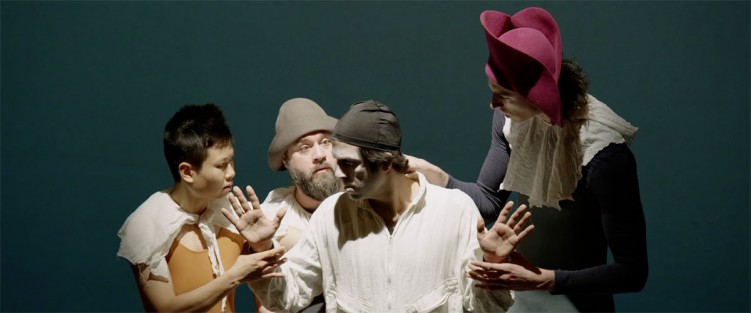Icons, Innovators and Renegades
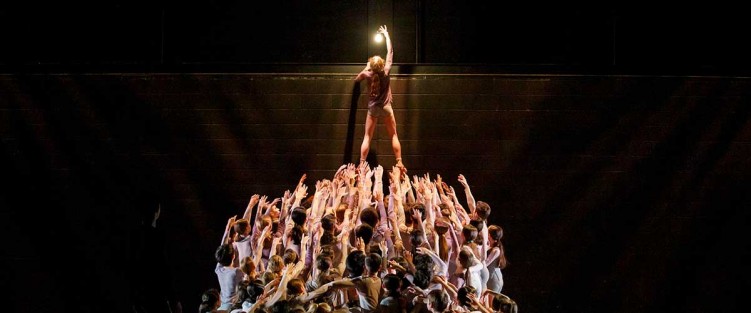 For the past six weeks I have been immersed, as stage manager, in the 19th-century world of Anton Chekhov’s Uncle Vanya – or rather, in a version of that world seen through a contemporary Canadian lens that illuminates a classic of the past and, in breaking it open, offers insights that apply equally to our own times. (The production is a new adaptation by award-winning Canadian actor Liisa Repo-Martell, bringing together a wonderful group of actors under the innovative and daring direction of Chris Abraham.)
For the past six weeks I have been immersed, as stage manager, in the 19th-century world of Anton Chekhov’s Uncle Vanya – or rather, in a version of that world seen through a contemporary Canadian lens that illuminates a classic of the past and, in breaking it open, offers insights that apply equally to our own times. (The production is a new adaptation by award-winning Canadian actor Liisa Repo-Martell, bringing together a wonderful group of actors under the innovative and daring direction of Chris Abraham.)
Meanwhile, next door in the same building (Crow’s Theatre in Toronto’s East End), a new theatrical concert The Shape of Home: Songs in Search of Al Purdy is continuing to develop – undertaking a similar journey of turning a modern lens on an icon of the past, in this case the “unofficial poet laureate of Canada,” Al Purdy. The modern lens, in this case, is overtly musical.


